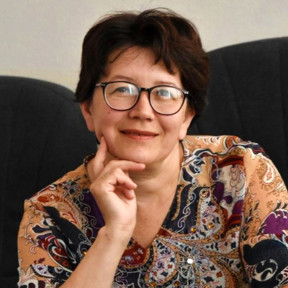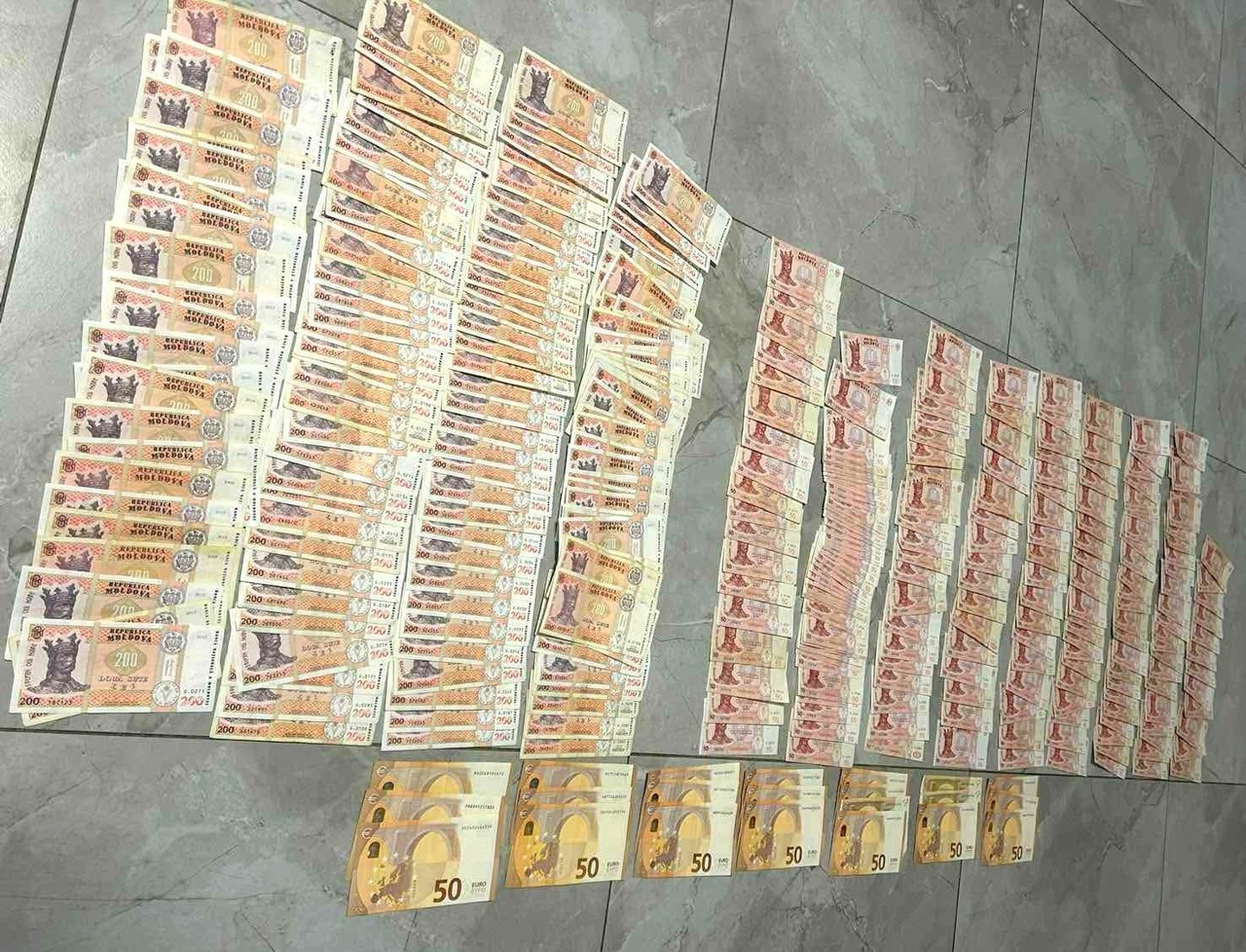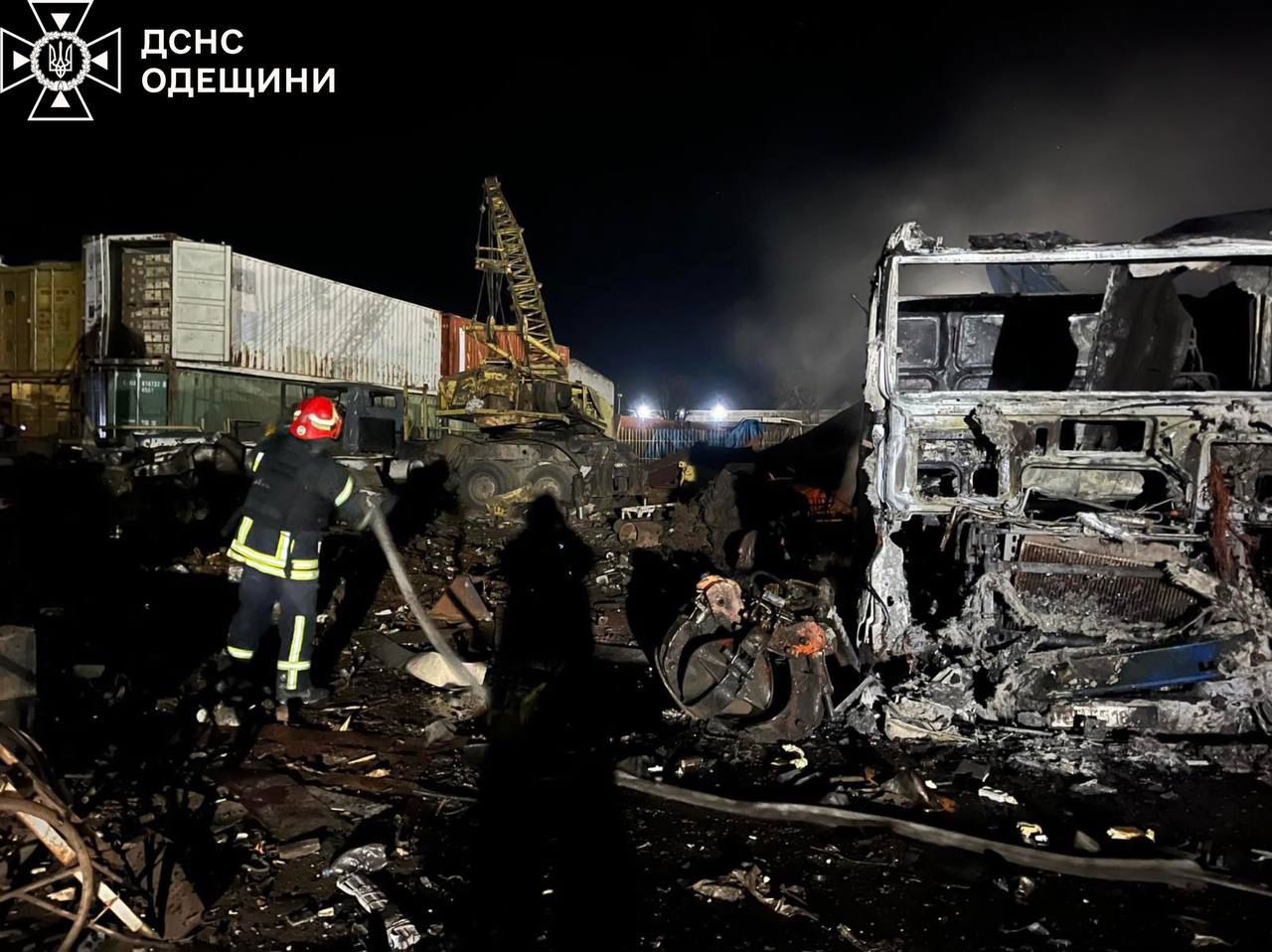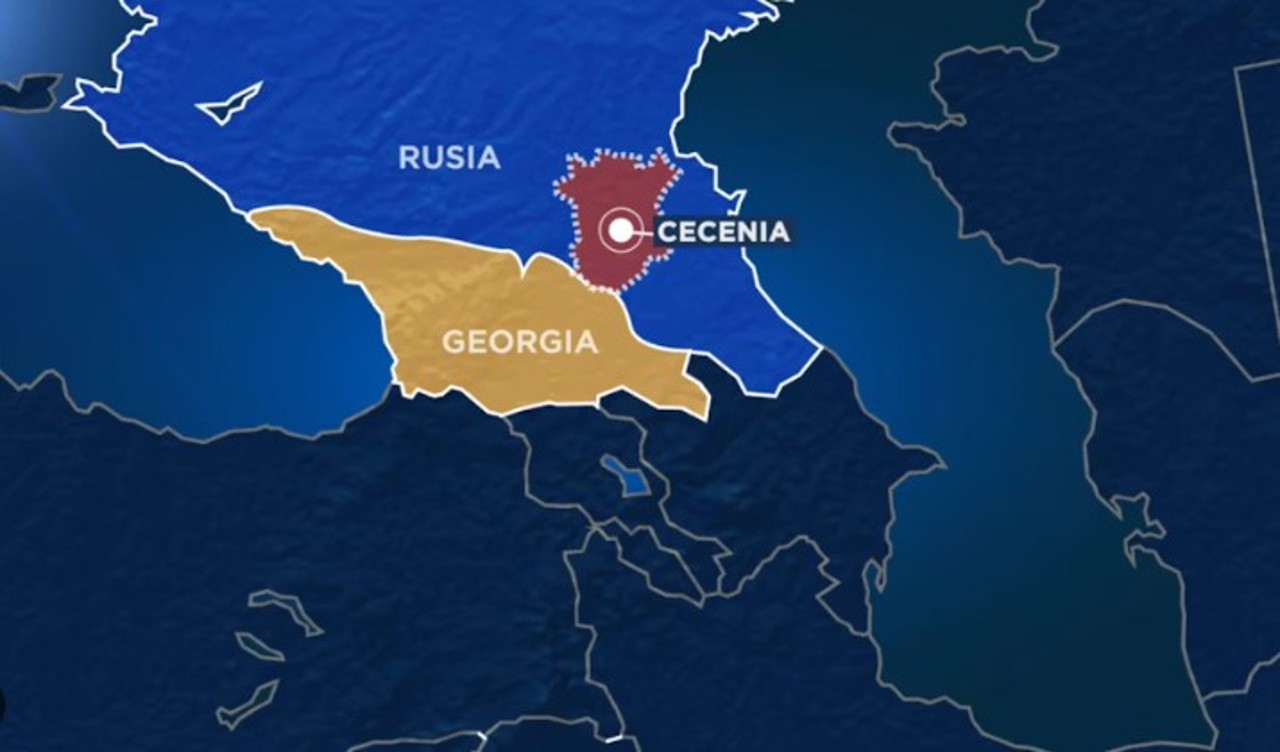World Bank finances a $60 million project to build and rehabilitate schools and kindergartens
In the coming years, the Republic of Moldova will invest 60 million dollars to build three classical lyceums, to repair 15 schools and 15 kindergartens, and to equip hundreds of schools. At the same time, teachers and school managers will benefit from modern continuous training programs, as well as training in the use and maintenance of equipment.
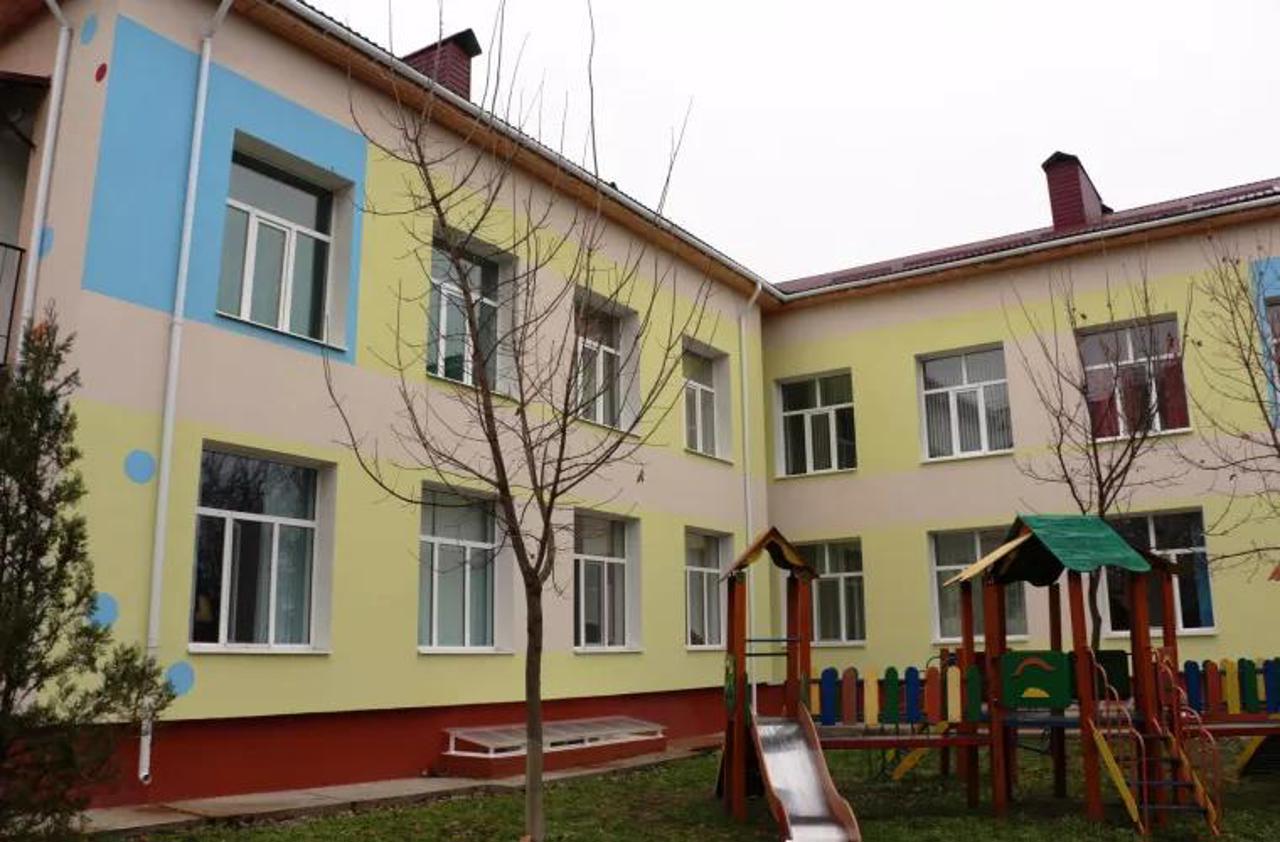
The actions will be implemented within the project "Improving the quality of education", financed by the World Bank and other external partners. It was launched today in Chisinau, reports MOLDPRES.
The Minister of Education and Research, Dan Perciun, said that the project will be implemented over the next six years, until 2029. The construction of the three lyceums from scratch will require about 16 million dollars and endowments of 1.6 millions of dollars. The new institutions would most likely be built in the north, center and south of the country. For the rehabilitation of the 15 schools, about 7.3 million dollars will be invested, and the amount needed for the repair of 15 kindergartens is two million dollars.
Also, about 120 schools will benefit from grants worth 36 thousand euros each for training, didactic materials, the adoption of good practices, to support innovative methods in the teaching process. About 2.3 million dollars will be allocated to equip 200 educational institutions with equipment necessary for the study process. 200 kindergartens will participate in the project and will benefit from a support package that will include both equipment and continuous training for teachers. Of the total of 60 million dollars, 40 million dollars have been provided in the form of a loan by the World Bank, and another 20 million are offered in the form of grants from external partners, including ten million dollars provided by the Netherlands through Global Concessional Financing Facility (GCFF), $4.5 million from the Global Partnership for Education (PGE) and another five million dollars from the Early Learning Partnership (ELP).
